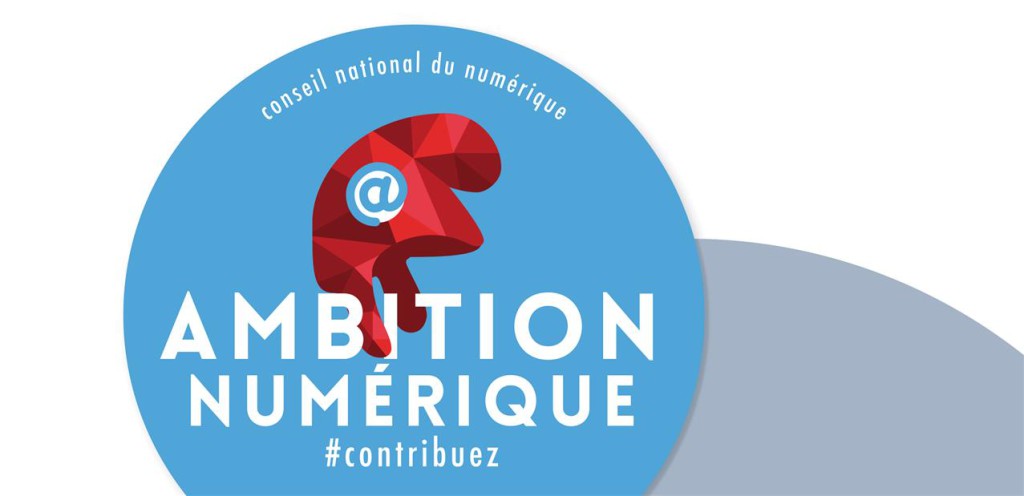The French draft law Loi Numérique will be presented to the French Parliament on 19 January, after being co-created with citizens through an online public consultation. This is the first law in France resulting from a co-design process.
This draft law is aimed at structuring the new French digital economy and includes new digital principles for it to succeed, like Open Data for example. Built with a model of co-creation, the law is an example of France’s involvement in Open Government principles, the government said.
Supported by Axelle Lemaire, the Minister of State for the Digital Sector, the Loi Numérique was initially created via a national consultation in 2014 by the French Prime Minister and the CNLL (Conseil National du Logiciel Libre). Four thousand proposals were collected. A first draft law was then published by the French government and submitted to a public consultation through the website republique-numérique.fr between 26 September and 18 October 2015. The platform collected more than 8 500 proposals and 150 000 votes from 21 330 people. The government documented all these proposals and amendments (whether they were approved or not) and the draft law is now made up of 30 articles. It was submitted to the French council of ministers on 9 December and will be presented to Parliament in January.
Open by default
The draft law contains new principles, including ‘Digital death’, Net Neutrality, data portability, conservation of the internet connection and the right to be forgotten, amongst others, as detailed by the government. But it also defines the concept of ‘Open by default’, which states that the French public sector must publish its data in a standard format. The French state will also maintain a repository of usable licences that can be applied to datasets.
The Loi Numérique requires general-purpose data to be made available and states that its quality needs to be homogenous and maintained. General-purpose data is key data that is often reused, for example the national land registry or the database of national addresses (Base d’Adresses Nationale or BAN), which was recently launched in France.



